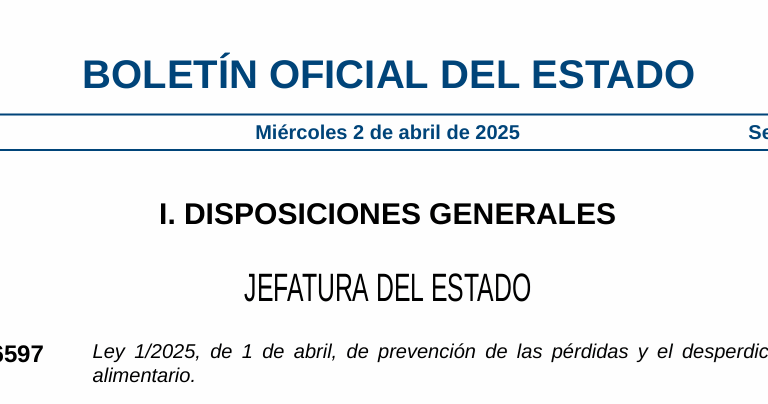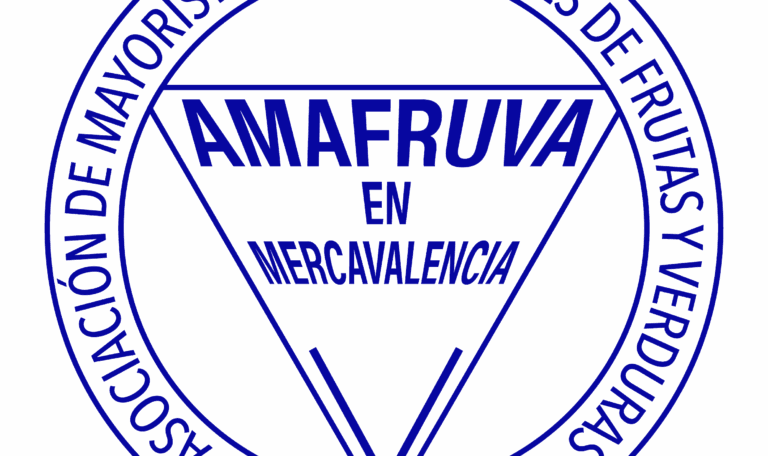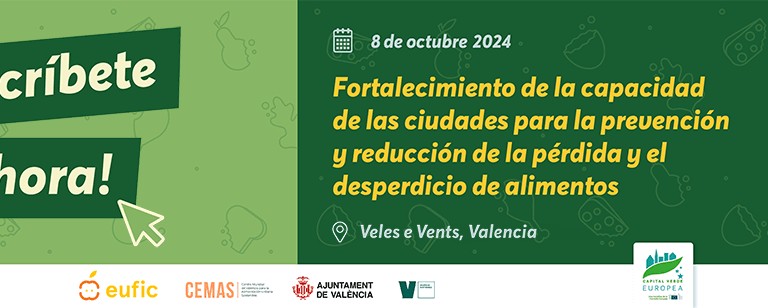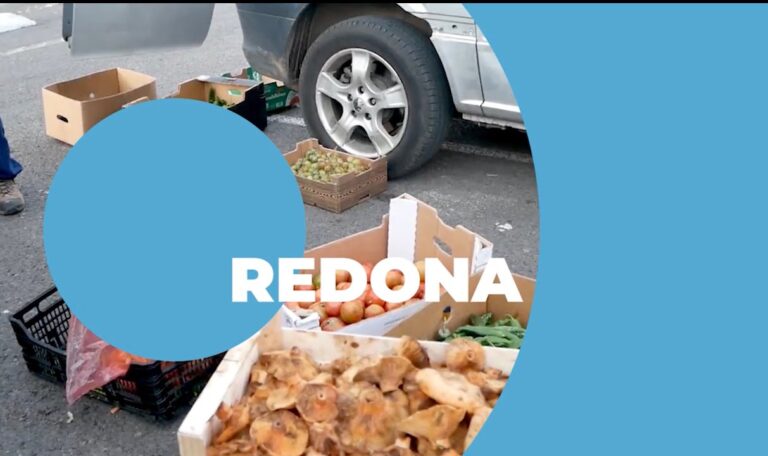The REDONA project, a pioneering initiative to reduce food waste in Mercavalència, has made its first official donation: 100 kg of potatoes delivered by Frutas Rovi to Casa Caridad. This milestone marks the beginning of a strategic collaboration between wholesalers and social organizations to redirect surplus food to those who need it most. This trial also helped consolidate the process of posting, accepting, and collecting products, establishing the basic procedure for how this organizational innovation will operate in the fruit and vegetable market. Key process elements were refined, such as the need for immediate publication and collection, with stricter schedules to ensure freshness and food use. The success of this first donation demonstrates REDONA’s potential to transform surplus food management in València, fostering a healthier, more sustainable, and more caring city.








